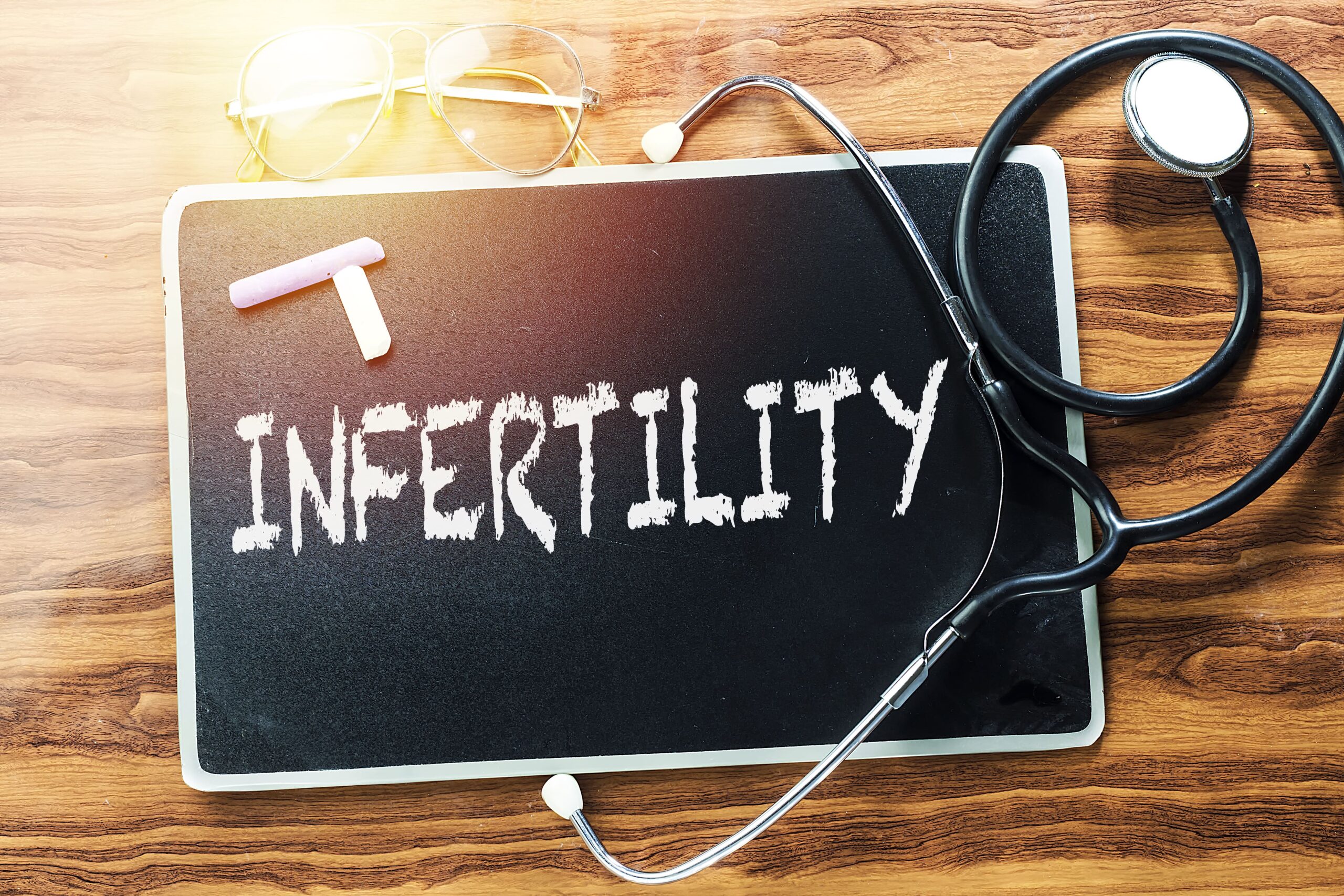Infertility is a complex issue that affects many couples worldwide, with male infertility accounting for a significant portion of these cases. Understanding the intricacies of male infertility is crucial for couples trying to conceive. This article delves into the various aspects of male infertility, including its causes, symptoms, diagnosis, and treatment options, while also addressing common misconceptions and emotional impacts.
What is Male Infertility?
Male infertility refers to a man’s inability to contribute to conception due to issues with sperm production, function, or delivery. It is a condition that can affect men of all ages and backgrounds. Infertility is typically diagnosed after a couple has been unable to conceive after one year of unprotected intercourse. In many cases, male factor infertility is a contributing factor, highlighting the importance of understanding male reproductive health.
The Importance of Male Fertility
While often overlooked, male fertility plays a critical role in the conception process. Approximately 30% of infertility cases are attributed solely to male factors, while an additional 20% involve both male and female issues. This underscores the need for comprehensive evaluations of both partners when facing challenges in conceiving.
Causes of Male Infertility
Understanding the causes of male infertility is essential for effective diagnosis and treatment. Various factors can contribute to male infertility, which can be broadly categorized into sperm production disorders, structural abnormalities, and lifestyle influences.
Sperm Production Disorders
Sperm production disorders are among the most common causes of male infertility. These disorders can result from:
- Hormonal Imbalances: Issues with hormones produced by the hypothalamus, pituitary gland, or testicles can disrupt sperm production.
- Genetic Conditions: Genetic disorders such as Klinefelter syndrome or Y chromosome microdeletions can affect sperm production.
- Infections: Infections like mumps, sexually transmitted infections (STIs), or epididymitis can impair sperm health.
- Environmental Factors: Exposure to toxins, heavy metals, and certain medications can negatively impact sperm production.
Structural Abnormalities
Structural issues can also hinder male fertility. These may include:
- Obstructions: Blockages in the reproductive tract can prevent sperm from being delivered. This can result from congenital defects, infections, or previous surgeries.
- Varicocele: This condition involves swollen veins in the scrotum, which can lead to increased testicular temperature and reduced sperm quality.
Lifestyle Influences
Lifestyle choices can significantly impact male fertility. Factors to consider include:
- Substance Use: Smoking, excessive alcohol consumption, and recreational drug use can impair sperm production and function.
- Obesity: Being overweight can lead to hormonal changes that negatively affect fertility.
- Heat Exposure: Prolonged exposure to high temperatures, such as from saunas or tight clothing, can impair sperm production.
Signs and Symptoms of Male Infertility
Identifying the signs of male infertility can be challenging, as many men may not exhibit obvious symptoms. However, certain indicators can suggest potential fertility issues.
Common Symptoms
- Inability to Conceive: The most apparent sign is the inability to achieve pregnancy after one year of unprotected intercourse.
- Erectile Dysfunction: Difficulty achieving or maintaining an erection can indicate underlying fertility issues.
- Changes in Libido: A decrease in sexual desire may signal hormonal imbalances affecting fertility.
- Pain or Swelling: Discomfort or swelling in the testicular area may indicate conditions like varicocele or infections.
Psychological Impact
The emotional toll of infertility can be significant. Men may experience feelings of inadequacy, frustration, and anxiety, which can affect their relationships and overall well-being. Seeking support from mental health professionals or support groups can be beneficial.
Diagnosing Male Infertility
A thorough evaluation is essential for diagnosing male infertility. This process typically involves several steps.
Initial Consultation
The first step is a consultation with a healthcare provider, who will review the patient’s medical history and conduct a physical examination. Questions may include:
- Duration of infertility
- Previous pregnancies
- Medical history, including surgeries and infections
- Lifestyle factors, such as substance use
Semen Analysis
A semen analysis is a critical test in diagnosing male infertility. This test evaluates:
- Sperm Count: The number of sperm present in the ejaculate.
- Sperm Motility: The ability of sperm to move effectively.
- Sperm Morphology: The shape and structure of sperm.
Additional Testing
If the semen analysis indicates abnormalities, further tests may be conducted, including:
- Hormone Testing: Blood tests to assess hormone levels.
- Genetic Testing: To identify any genetic disorders affecting fertility.
- Imaging Studies: Ultrasounds or MRIs to evaluate the reproductive organs for structural issues.
Treatment Options for Male Infertility
The treatment for male infertility depends on the underlying cause. Various approaches can help improve fertility and increase the chances of conception.
Lifestyle Modifications
Making positive lifestyle changes can significantly enhance fertility. Recommendations include:
- Healthy Diet: Consuming a balanced diet rich in fruits, vegetables, whole grains, and lean proteins can improve overall health and sperm quality.
- Regular Exercise: Engaging in regular physical activity can help maintain a healthy weight and improve hormonal balance.
- Avoiding Toxins: Reducing exposure to environmental toxins and harmful substances can positively impact sperm health.
Medical Treatments
Depending on the diagnosis, medical treatments may include:
- Hormone Therapy: If hormonal imbalances are identified, hormone replacement therapy may be prescribed to restore normal levels.
- Antibiotics: In cases of infection, antibiotics may be necessary to treat underlying conditions affecting fertility.
Surgical Interventions
Surgery may be required for certain structural issues, such as:
- Varicocele Repair: Surgical correction of varicoceles can improve sperm quality and overall fertility.
- Obstruction Repair: Surgery to remove blockages in the reproductive tract can restore the flow of sperm.
Assisted Reproductive Technologies (ART)
For couples facing severe infertility challenges, assisted reproductive technologies may be recommended. These include:
- Intrauterine Insemination (IUI): A procedure that involves placing sperm directly into the uterus during ovulation.
- In Vitro Fertilization (IVF): Eggs are retrieved from the female partner and fertilized with sperm in a laboratory setting before being implanted in the uterus.
- Intracytoplasmic Sperm Injection (ICSI): A single sperm is injected directly into an egg to facilitate fertilization.
Emotional and Psychological Support
Infertility can take a toll on mental health, leading to feelings of isolation and distress. It is essential for couples to seek emotional support during this challenging time.
Counseling Services
Professional counseling can help individuals and couples navigate the emotional complexities of infertility. Therapists specializing in reproductive health can provide coping strategies and support.
Support Groups
Joining support groups can connect individuals with others facing similar challenges. Sharing experiences and advice can foster a sense of community and understanding.
Why Choose Fertilite Center?
When seeking help for male infertility, choosing the right clinic is crucial. Fertilite Center in Tijuana offers a comprehensive approach to fertility treatment, combining advanced medical technology with compassionate care. Here are some reasons to consider Fertilite Center:
- Expert Team: The center boasts a team of experienced specialists dedicated to male reproductive health.
- Personalized Care: Each treatment plan is tailored to the individual needs of the patient, ensuring the best possible outcomes.
- State-of-the-Art Facilities: Fertilite Center is equipped with the latest technology and resources to provide cutting-edge fertility treatments.
- Supportive Environment: The center prioritizes emotional well-being, offering counseling and support services to help patients cope with the challenges of infertility.
Conclusion
Male infertility is a multifaceted issue that can significantly impact couples trying to conceive. Understanding the causes, symptoms, and treatment options is essential for navigating this journey. By seeking appropriate medical care and support, couples can enhance their chances of conception and build the family they desire. If you suspect male infertility, don’t hesitate to consult a healthcare provider for a thorough evaluation and personalized treatment plan.
FAQ’s
- What is male infertility?
Male infertility is a medical condition where a man is unable to contribute to pregnancy due to problems with sperm production, function, or delivery. It can result from hormonal imbalances, genetic conditions, structural issues, lifestyle factors, or underlying health problems and is usually diagnosed after a couple has tried to conceive for 6-12 months without success.
- What are the main causes of male infertility?
The main causes of male infertility include low sperm count, poor sperm motility, or abnormal sperm shape, often due to hormonal imbalances, genetic conditions, infections, or lifestyle factors like smoking and obesity. Structural issues such as varicocele or blockages in the reproductive tract can also play a role.
- How can you tell if a male is infertile?
You can’t always tell if a male is infertile without medical testing, since many men have no obvious symptoms. However, possible signs include difficulty conceiving after a year of unprotected sex, low sex drive, erectile dysfunction, pain or swelling in the testicles, or changes in hair growth that suggest hormonal issues. A semen analysis is the most reliable way to diagnose male infertility.
- How to improve infertility in men?
Male infertility can often be improved through healthy lifestyle changes such as maintaining a balanced diet, exercising regularly, avoiding smoking, alcohol, and drugs, and managing stress. In some cases, medical treatments, hormone therapy, surgery, or assisted reproductive technologies may be recommended by a doctor
- How often are men infertile?
About 1 in 7 couples struggle with infertility, and male factors contribute to around 30–50% of these cases. Overall, male infertility affects roughly 7% of all men worldwide.
References:
https://www.mayoclinic.org/diseases-conditions/male-infertility/symptoms-causes/syc-20374773
https://my.clevelandclinic.org/health/diseases/17201-male-infertility
https://uroweb.org/guidelines/sexual-and-reproductive-health/chapter/male-infertility
https://www.hopkinsmedicine.org/health/conditions-and-diseases/male-infertility




